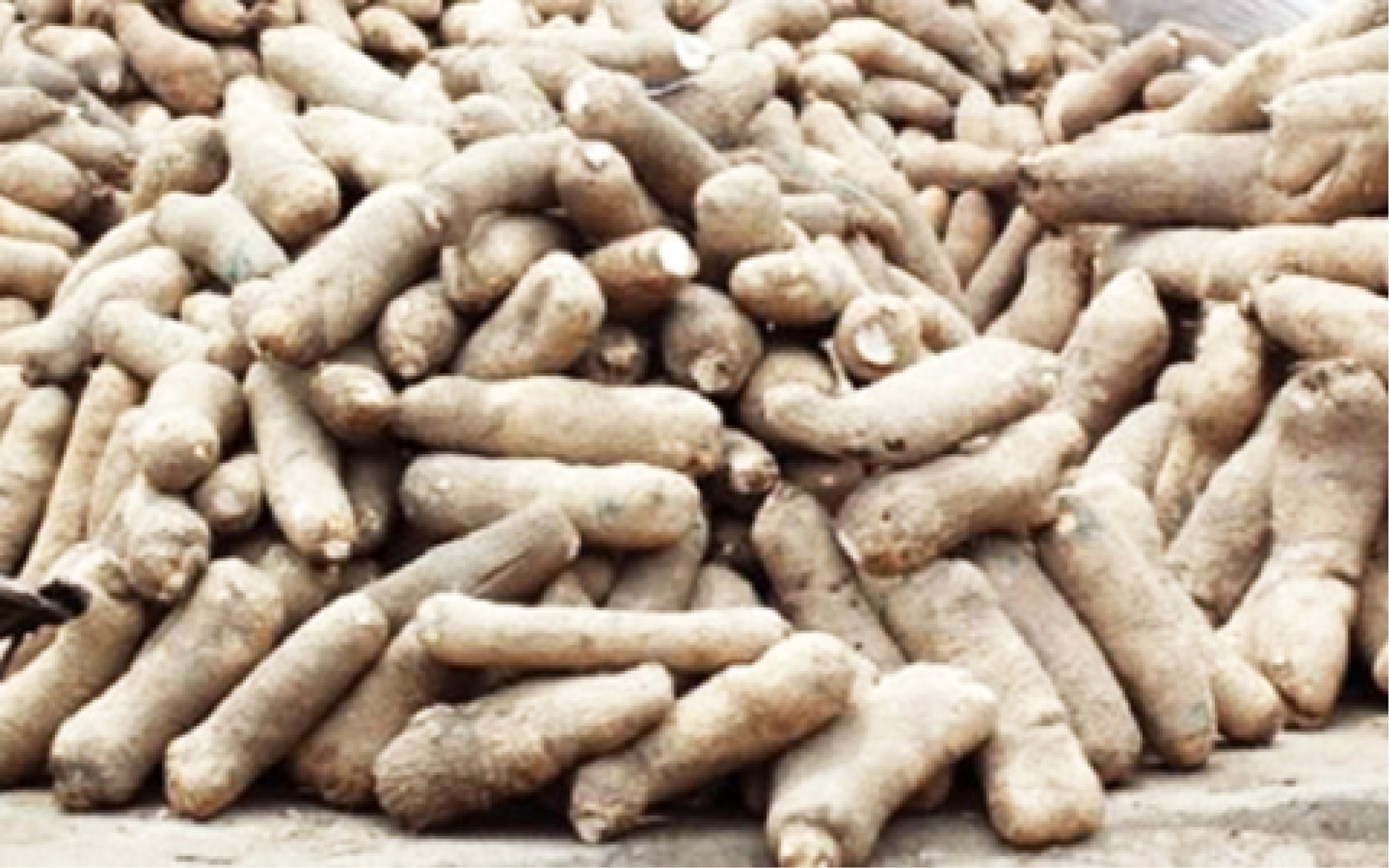Make money from agro-export: guidelines you need to know
Internationally, Nigerian food crops fetch less money than those from other nations in the last couple of years while some food items are banned from accessing markets either in Europe, America or other countries. Poor processing, packaging and indiscriminate use agrochemicals and flagrant disregard of basic requirements are the major problems. To ensure that our […]

Internationally, Nigerian food crops fetch less money than those from other nations in the last couple of years while some food items are banned from accessing markets either in Europe, America or other countries.
Poor processing, packaging and indiscriminate use agrochemicals and flagrant disregard of basic requirements are the major problems.
To ensure that our agricultural exports meet the international standard set by the International Plant Protection Convention (IPPC), the World Trade Organisation (WTO) and Sanitary/ phytosanitary (SPS) agreement and specific Phytosanitary requirements of countries importing plants, plant products, and other regulated articles, Nigeria is stepping up action.
IPPC, which is domiciled in FAO’s Plant Protection Service Unit is a multilateral treaty for international cooperation in plant protection. The Convention makes provision for the application of measures by governments to protect their plant resources from harmful pests (phytosanitary measures) which may be introduced through international trade.
The SPS Agreement identifies the IPPC as the reference organization developing international standards for plant health (phytosanitary) measures.
Before you begin export meet NAQS
Nigeria Agricultural Quarantine Service (NAQS) protects the cultivated crops and the natural flora from destructive foreign plant pests.
The organization issues import permits for plant products, bio-control agents and other regulated articles such as solid wood packaging material.
The agency also embark on inspection, treatment (where necessary or mandatory) and certification of plant germplasm, commercial seeds, ornamentals, plants and their products (grains, tubers, rubber crumbs, and cassava derivatives) for export by the issuing phynto-sanitary certificate.
It will also inspect crops during active growth in the field, plant products in warehouses and storage facilities prior to certification.
Crop export requirements
Most countries of the world need phytosanitary certificate to accompany Nigeria plant export. Request forms for certifications are also available at the designed agricultural quarantine offices or approach the agency office in Abuja.
A phytosanitary certificate contains statements to the effect that quarantine inspection has been carried out by the accredited officers of the NAQS and consignment of plants/plant products is pest free at the time of examination.
It also states that whether or not any form of treatment has been carried out.
The request for phytosanitary inspection of plants consignments is done by prospective exporters through the completion of the appropriate forms well in advance and presentation of the consignment for inspection. This is mandatory in the interest of the exporter and the country.
A phytosanitary certificate issued after the payment of a token user fees by the client and only the phytosanitary certificate is issued to cover a consignment.
Plant materials exported from Nigeria which are not covered by phytosanitary certificate stand the risk of being rejected or destroyed on arrival at the importing country and this is usually at the expense of the exporter.
Crop import requirements
An import permit contains a statement of conditions to be met before importation is allowed into Nigeria.
Exporting countries also demand an import permit in order to meet the requirements of the importing country.
The issuance of import permit would depend on the risk involved. A permit may not be issued if the plant type required is prohibited or if the country of origin is known to be a high-risk area.
The import permit is valid for a period of 12 months and imported plants materials not covered with import permit stand the risk of being destroyed or reshipped at the importer’s expense.
If you want to import bio-agents, you are expected to submit a dossier showing the biology and efficacy of the bio-agents during previous use or trials.
